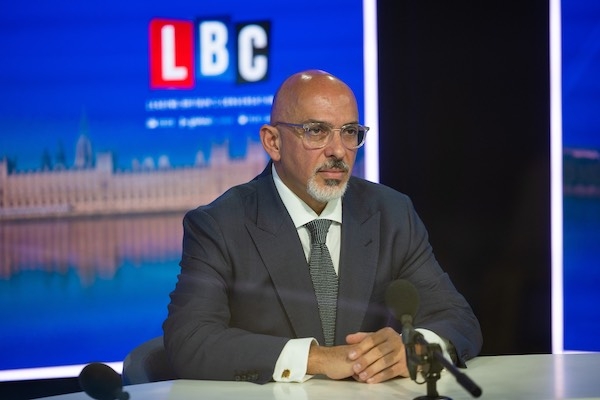A group of 55 senior Tory MPs including former Chancellor Nadhim Zahawi have called for inheritance tax to be abolished.
The Conservative Growth Group hopes to convince the Treasury to abolish inheritance tax.
Writing in today’s Daily Telegraph, Mr Zahawi suggested scrapping the tax and said it was “morally wrong” to take someone’s assets on their death.
The group will publish a paper on the issue this month as part of its campaign to persuade the Treasury to scrap the tax when it puts forward the Autumn Statement later this year.
Mr Zahawi said: “Inheritance tax is that other spectre that haunts us alongside death. As well as being morally wrong to take someone’s assets on their death, it also creates all sorts of inefficient and damaging distortions in our personal finances, and the wider economy.”
He said by abolishing inheritance tax, the Prime Minister and the Chancellor can show that they back families in their desire to pass on their hard-earned savings to the next generation.
Ranil Jayawardena, co-chairman of the Conservative Growth Group and former Cabinet minister said: “We need to be bold and abolish inheritance tax altogether – no ifs, no buts. It’s a death tax.
“It’s also a double tax, because it’s a tax on money that has already been taxed. It’s not fair, it’s not Conservative and it’s not very British. It needs to go.”
A Treasury spokesperson said: “More than 93% of estates aren’t expected to pay any inheritance tax in the coming years – however the tax still raises more than £7bn a year to help fund public services like the NHS and schools.
“Estates of surviving spouses and civil partners can pass on up to £1m without an inheritance tax liability – significantly more than the average UK home of £285,000.”
In the decade between the tax year beginning April 2013 and that ending in March 2023, revenues from IHT soared by 108% in nominal terms.
Ian Dyall, head of estate planning at wealth manager Evelyn Partners, said that is one factor behind the unpopularity of IHT across most income brackets. He said: “As the £325,000 IHT threshold called the nil-rate band has been frozen since April 2009, many more estates – in most cases of modest size in real terms - are being drawn into liability.”
IHT raised a record £7.1bn in the latest financial year - £1bn or 17% more than in the previous year. Mr Dyall said: “Beneficiaries not usually considered well-off are facing tax bills, and this can be especially problematic if a property comprises the majority of the estate, leaving few liquid assets to foot the bill.”

